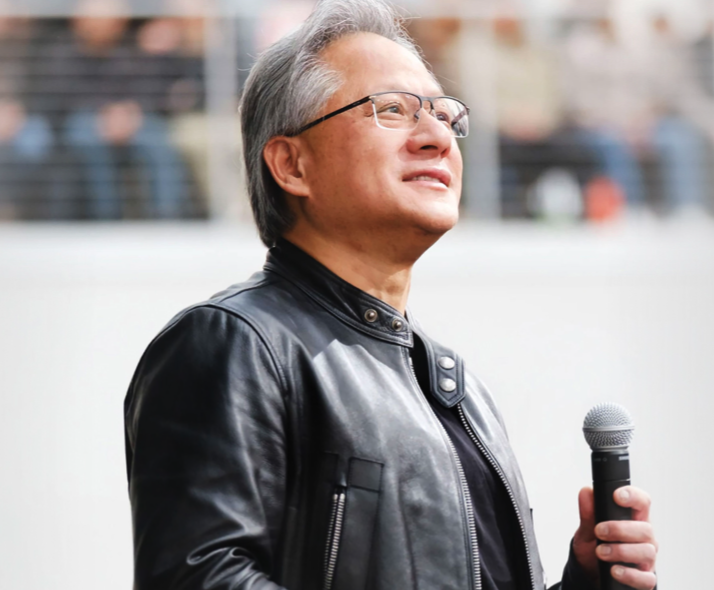Quantum computing experts from NVIDIA, the University of Toronto, IQM Quantum Computers, HSBC Holdings, and the National Research Council of Italy will discuss the latest developments in quantum computing at the Nvidia GTC conference. Topics include the integration of quantum computing with supercomputing and AI, developing new quantum algorithms, and the practical applications of quantum technology.
The conference will also feature a keynote from NVIDIA founder and CEO Jensen Huang. Quantum computing has the potential to revolutionize industries such as drug discovery and portfolio optimization, but it faces challenges in developing more capable quantum processors and integrated quantum-classical systems.
Quantum Computing: The Intersection of Supercomputing and AI
Quantum computing, a rapidly evolving field, promises to revolutionize computational capabilities, impacting various industries from drug discovery to portfolio optimization. However, realizing these benefits hinges on advancing quantum information science, including the development of more capable quantum processors, innovative algorithms, and the creation of tightly integrated quantum-classical systems and tools.
Timothy Costa, Director of HPC & Quantum at NVIDIA, discusses the challenges facing quantum computing and how GPU supercomputing can help industries move towards quantum advantage. He also highlights the latest developments in software and systems for tightly integrated quantum-classical computing.
AI Supercomputing: The Future of Computational Science
Accelerated computing is transforming the landscape of AI and computational science, reshaping how we approach data processing — from the data center to the cloud and out to the edge. Ian Buck, Vice President of Hyperscale and HPC at NVIDIA, provides an immersive exploration into the latest breakthroughs, innovations, and cutting-edge technologies set to empower companies, industries, and nations in harnessing the advantages of AI supercomputing.
Quantum Algorithms: The Confluence of Machine Learning and Quantum Computing
Quantum computing is at an exciting juncture. With vendors delivering quantum computers with larger capacities every year, the challenge lies in finding algorithms suitable for the current era of quantum computing. Alán Aspuru-Guzik, Professor of Chemistry and Computer Science at the University of Toronto, presents a new algorithm developed by his group in collaboration with NVIDIA, that employs machine learning and quantum computing to simulate chemical systems. This algorithm is part of a new generation of algorithms that harness the best of both worlds and is a candidate for quantum computing advantage.
Quantum Development: Integrating CUDA Quantum With Quantum Computers
Vladimir Kukushkin, Quantum Computer Control Software Lead Engineer at IQM Quantum Computers, provides an in-depth look at integrating CUDA Quantum with IQM Quantum Computers. This integration facilitates a more efficient development environment, enabling the creation and execution of quantum algorithms with improved performance metrics. It also streamlines the quantum development process, leading to more efficient and scalable quantum computing solutions.
Quantum Machine Learning: Tensor Network Simulation at Scale
Quantum models are expected to improve machine learning tasks derived from the expansive latent space and increase expressivity from quantum dynamics. Mekena Metcalf, Quantum Computing Research Scientist at HSBC Holdings, discusses how modern tensor network methods designed to simulate quantum circuits at scale overcome these scaling bottlenecks. She also presents a quantum machine learning application built on the cuTensorNet software platform and executed on GPU clusters to demonstrate quantum model performance at scale. These models are applied to fraudulent transaction classification in digital payments.
External Link: Click Here For More

